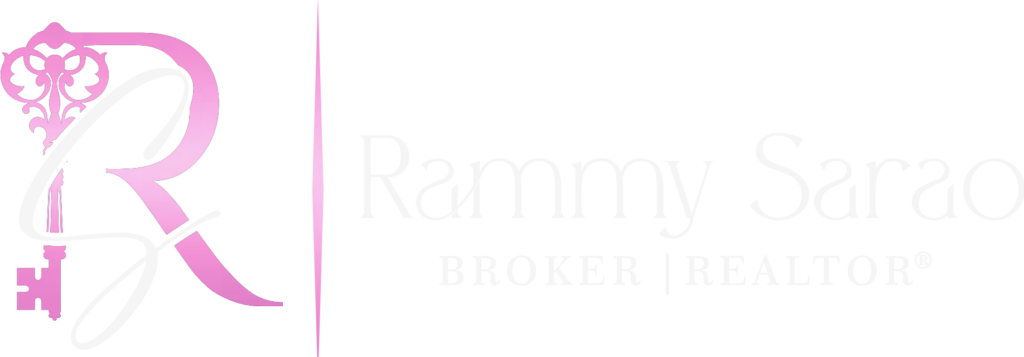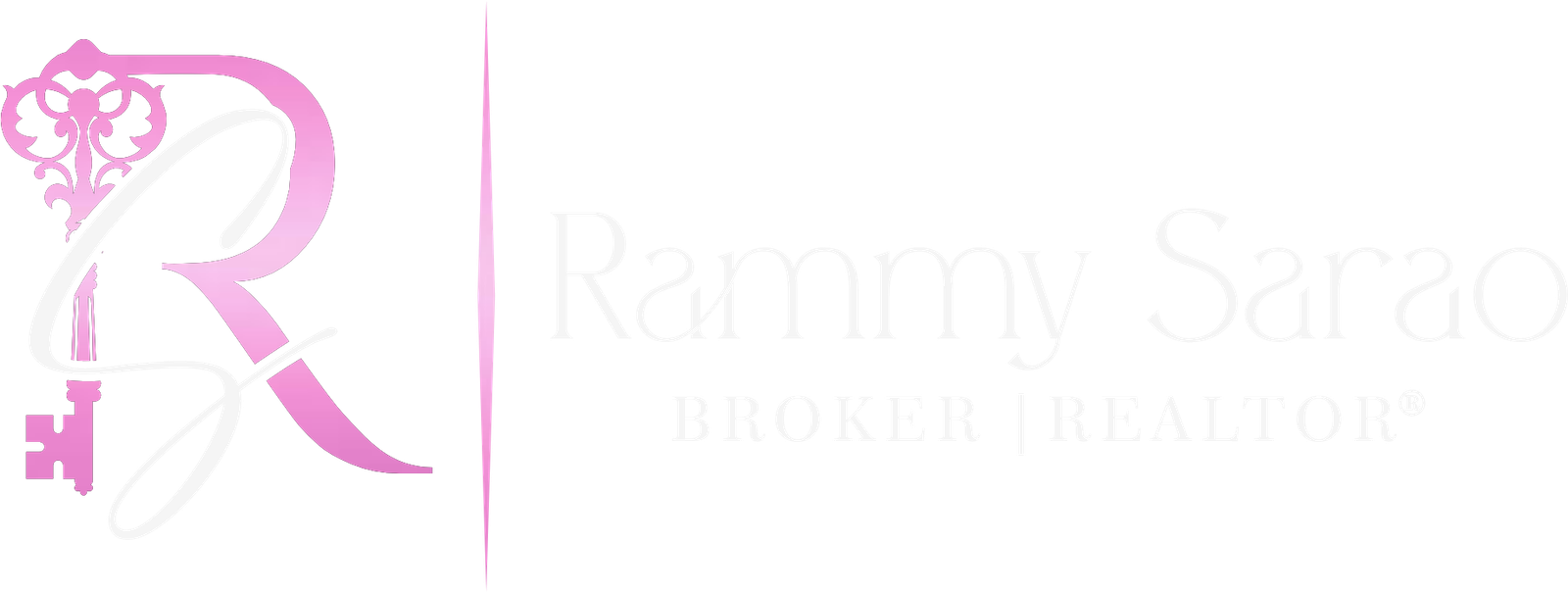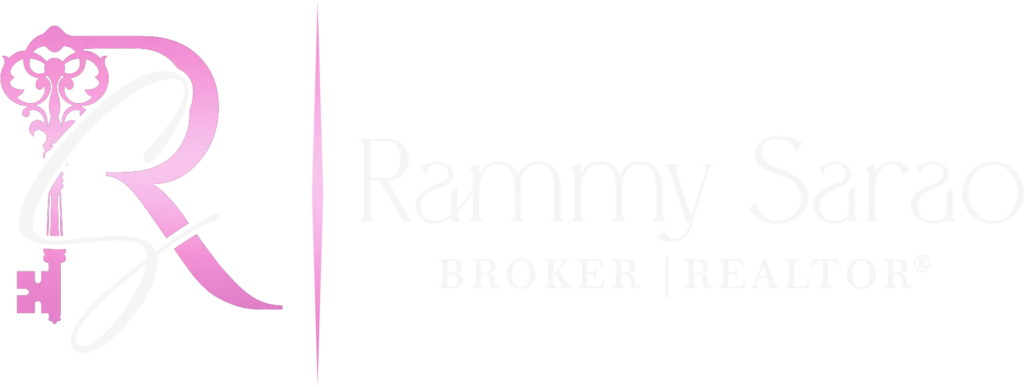Running a successful real estate business requires a deep understanding of your market, clients, and operations. Here are key questions every real estate business owner should be able to answer:
1. What is Your Unique Selling Proposition (USP) in Real Estate?
Identify what sets your real estate services apart from competitors. Whether it’s exceptional customer service, a unique property listing approach, or specialized market knowledge, your USP should be clear and compelling.
2. Who is Your Target Audience?
Understanding your target audience is crucial. Know their demographics, buying behaviors, and preferences. Are you catering to first-time homebuyers, luxury property investors, or commercial real estate clients?
3. What Are Your Short-Term and Long-Term Business Goals?
Set clear and achievable goals for your real estate business. These could include increasing your market share, expanding into new areas, or achieving a specific number of property sales or listings.
4. What is Your Business Model?
Define your business model. Are you focusing on residential or commercial real estate? Do you generate revenue through commissions, property management fees, or real estate development?
5. How Do You Measure Success in Real Estate?
Identify key performance indicators (KPIs) relevant to real estate, such as the number of closed deals, average sale price, client satisfaction, and lead conversion rates.
6. What is Your Financial Position?
Understand your financial health, including your revenue, expenses, profit margins, and cash flow. This knowledge helps you make informed decisions and plan for future growth.
7. Who Are Your Competitors?
Know your competitors in the real estate market. Analyze their strengths and weaknesses, and understand how your business compares. This will help you identify opportunities and areas for improvement.
8. What Are Your Key Marketing Strategies?
Effective marketing is essential in real estate. Utilize various channels such as social media, email marketing, SEO, and traditional advertising to reach potential clients. Know which strategies yield the best results.
9. How Do You Handle Client Services?
Excellent client service is critical. Have a clear strategy for managing client relationships, handling inquiries, and addressing complaints. Positive client experiences lead to referrals and repeat business.
10. What Are Your Strengths and Weaknesses?
Conduct a SWOT analysis to understand your business’s internal strengths and weaknesses, as well as external opportunities and threats. This helps in strategic planning and addressing areas that need improvement.
11. How Do You Stay Updated with Market Trends?
The real estate market is dynamic. Stay informed about current trends, market conditions, and changes in regulations. This knowledge positions you as an expert and helps you advise clients effectively.
12. What is Your Approach to Technology?
Embrace technology to streamline operations and enhance client experiences. This can include using CRM systems, virtual tour software, and online property listings. Staying tech-savvy gives you a competitive edge.
13. How Do You Network and Build Relationships?
Building relationships within the industry is vital. Network with other real estate professionals, attend industry events, and join relevant associations. Strong relationships can lead to partnerships and opportunities.
14. What is Your Exit Strategy?
Having an exit strategy is important, even if you plan to stay in the business long-term. Whether it’s selling your business, merging with another company, or passing it on to a successor, an exit plan helps guide your business decisions.
By being able to answer these questions confidently, you demonstrate a thorough understanding of your real estate business and are better prepared to navigate the challenges of the industry. Regularly revisiting these questions ensures you stay aligned with your goals and market demands.




